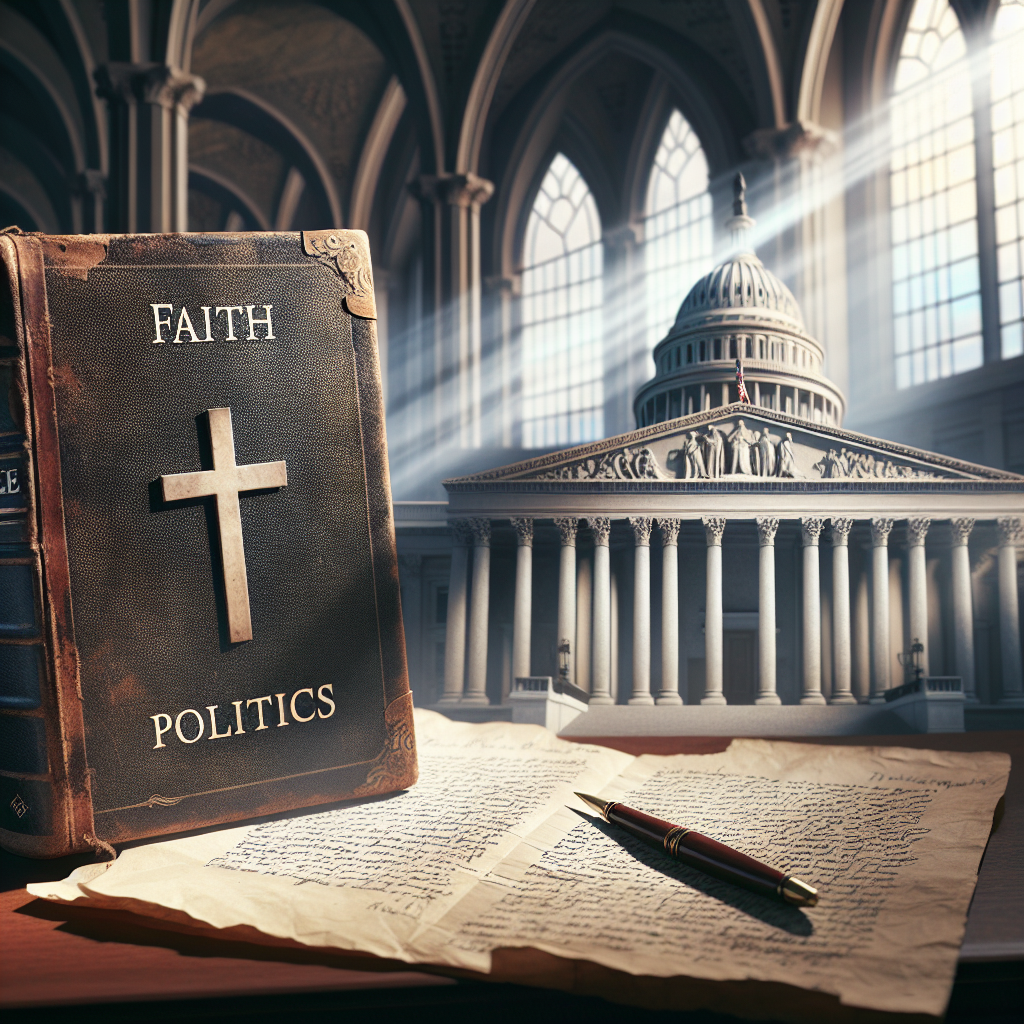In today’s world, discussing faith and politics can often be a sensitive and controversial topic. However, the intersection of Christianity and government has played a significant role throughout history and continues to shape the values and beliefs of political leaders and their policies.
Christianity, one of the world’s largest religions, has had a long and complex relationship with politics. From the Roman Empire to modern democracies, Christian beliefs have influenced the way governments are structured and how decisions are made. The idea of a divine authority ruling over earthly kingdoms is a central theme in Christianity, with many leaders and rulers throughout history using religion to justify their power and authority.
The Bible, the central text of Christianity, contains many passages that can be interpreted to support various political ideologies and policies. Christians often look to the Bible for guidance on issues such as social justice, poverty, and human rights. The teachings of Jesus Christ, in particular, on love, forgiveness, and caring for the less fortunate, have inspired many to advocate for policies that promote equality and compassion.
In the United States, where Christianity is the dominant religion, faith and politics are often deeply intertwined. Many political leaders openly identify as Christians and use their faith as a guiding principle in their decision-making. Issues such as abortion, LGBTQ rights, and immigration are often hotly debated topics where religious beliefs come into play.
However, the intersection of Christianity and government can also be a source of conflict. In a diverse and pluralistic society, not everyone shares the same beliefs, and there are often tensions between those who want to uphold Christian values in politics and those who believe in the separation of church and state. This debate is ongoing and raises questions about the role of religion in public life and how to balance personal beliefs with the needs of a diverse society.
Despite these challenges, many Christians believe that their faith compels them to be engaged in politics and advocate for social justice and equality. They see government as a tool for promoting the common good and alleviating suffering, in line with Christian teachings on compassion and love for one’s neighbor.
Ultimately, the intersection of Christianity and government is a complex and nuanced issue that requires careful consideration and respect for differing beliefs. While faith can be a powerful force for good in shaping political policies, it is important to ensure that religious values do not infringe on the rights and beliefs of others. Finding a balance between faith and politics is essential for creating a just and inclusive society that respects the diverse beliefs of all its citizens.


